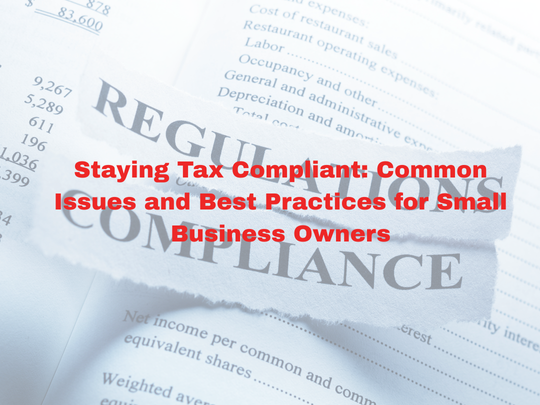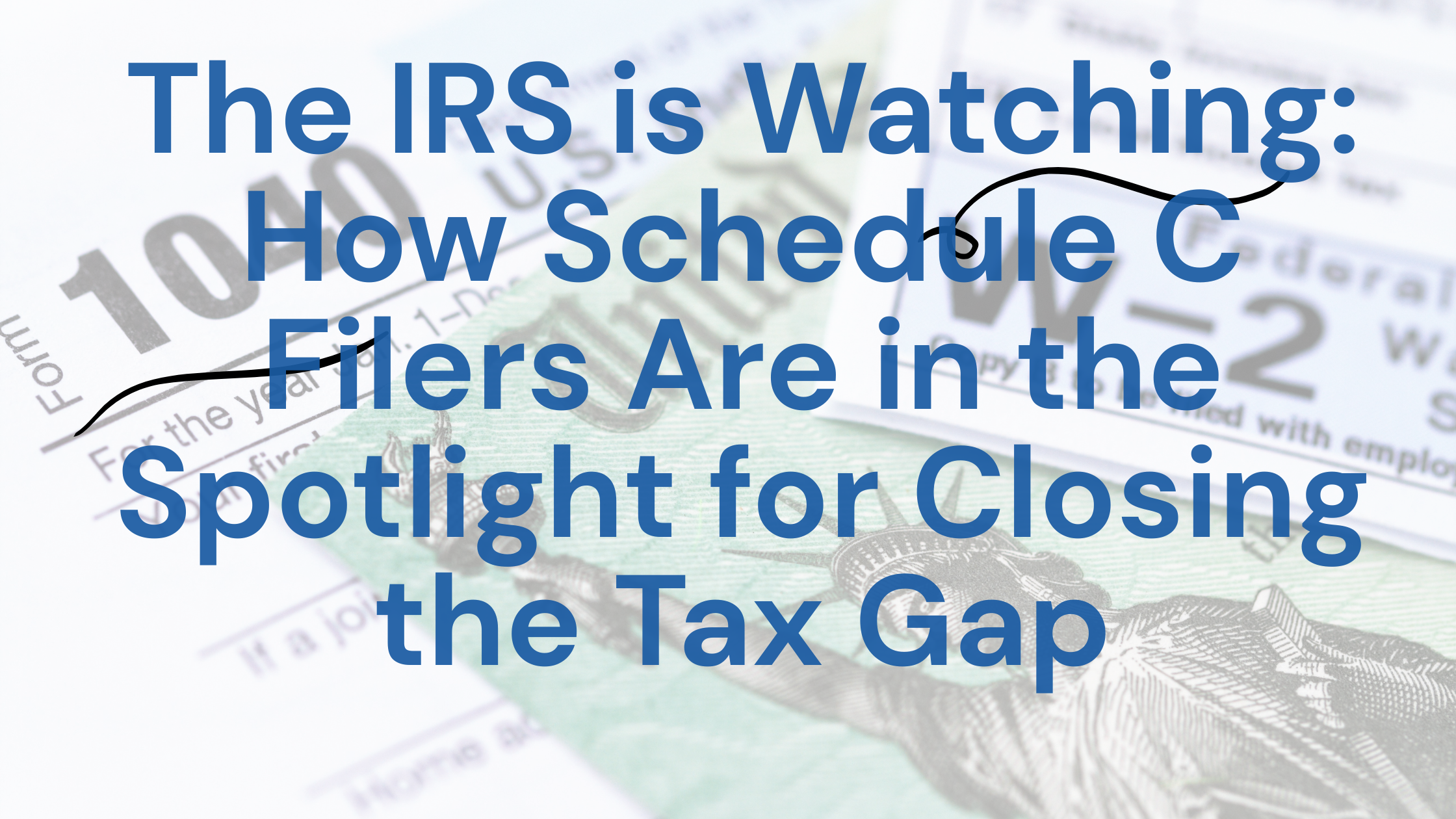Social Security benefits include monthly retirement, survivor, and disability benefits; they do not include Supplemental Security Income (SSI) payments, which are not taxable.
Generally, you pay federal income taxes on your Social Security benefits only if you have other substantial income in addition to your benefits. Examples include wages, self-employment, interest, dividends, and other taxable income that must be reported on your tax return.
Your income and filing status affect whether you must pay taxes on your Social Security. An easy method of determining whether any of your benefits might be taxable is to add one-half of your Social Security benefits to all of your other income, including any tax-exempt interest.
Note: If you receive Social Security benefits you should receive Form SSA-1099, Social Security Benefit Statement, showing the amount.
Next, compare this total to the base amounts below. If your total is more than the base amount for your filing status, then some of your benefits may be taxable. In 2020, the three base amounts are:
- $25,000 – for single, head of household, qualifying widow or widower with a dependent child or married individuals filing separate returns who did not live with their spouse at any time during the year
- $32,000 – for married couples filing jointly
- $0 – for married persons filing separately who lived together at any time during the year
Taxpayers filing an individual federal tax return:
- If your combined income (adjusted gross income + nontaxable interest + 1/2 of your Social Security benefits) is between $25,000 and $34,000, you may have to pay income tax on up to 50 percent of your benefits.
- If it is more than $34,000, up to 85 percent of your benefits may be taxable.
Taxpayers filing a joint federal tax return:
- If you and your spouse have a combined income ((adjusted gross income + nontaxable interest + 1/2 of your Social Security benefits) that is between $32,000 and $44,000, you may have to pay income tax on up to 50 percent of your benefits.
- If it is more than $44,000, up to 85 percent of your benefits may be taxable.
Married taxpayers filing separate tax returns generally pay taxes on benefits.
State Taxes
Thirteen states tax social security income as well including Colorado, Connecticut, Kansas, Minnesota, Missouri, Montana, Nebraska, New Mexico, North Dakota, Rhode Island, Utah, Vermont, and West Virginia.
Retiring Abroad?
Retirement income is generally not taxed by other countries. As a U.S. citizen retiring abroad who receives Social Security, for instance, you may owe U.S. taxes on that income but may not be liable for tax in the country where you’re spending your retirement years.
If Social Security is your only income, then your benefits may not be taxable, and you may not need to file a federal income tax return. However, if you receive income from other sources (either U.S. or country of retirement) as well, from a part-time job or self-employment, for example, you may have to pay U.S. taxes on some of your benefits – the same as if you were still living in the U.S.
You may also be required to report and pay taxes on any income earned in the country where you retired. Each country is different, so consult a local tax professional specializing in expatriate tax services.
Note: Even if you retire abroad, you may still owe state taxes–unless you established residency in a no-tax state before you moved overseas. Also, some states honor the provisions of U.S. tax treaties; however, some states do not. Therefore, it is prudent to consult a tax professional.
If you have any questions regarding taxes about your Social Security Benefit, contact us!





